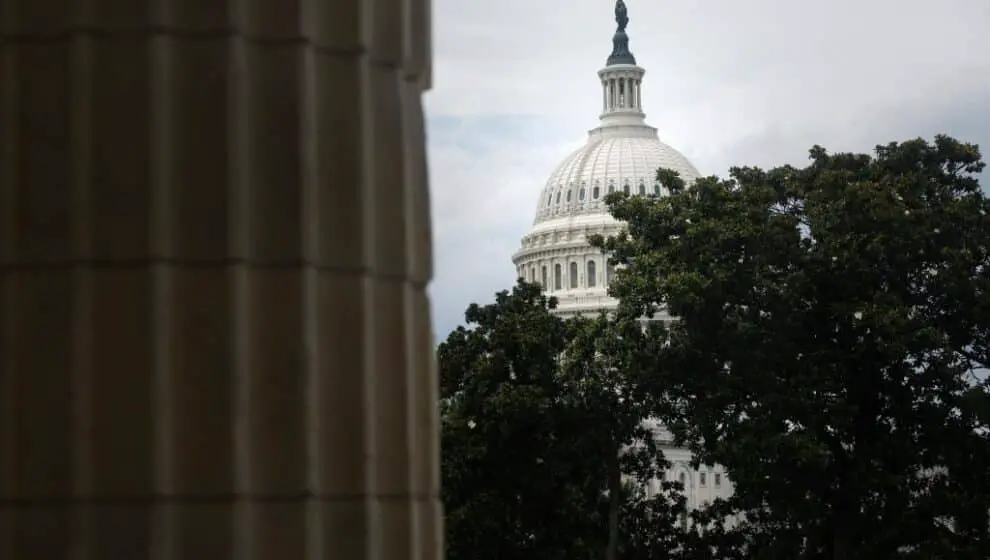The new gridlocked Congressional session starting in January is going to affect the future of crypto—in good ways and bad.
Key Details
- Republicans will take control of the House of Representatives beginning in January.
- Crypto evangelists have spent millions of dollars in the midterms to sway legislators—expecting 2023 to be a key year for regulation, Reuters reports.
- Crypto regulation is incoming as Democrats push for crypto regulation and the fallout of FTX continues to spread—with Senator Elizabeth Warren (D, MA) taking the lead in calling for comprehensive regulation with consumer protections and other restrictions for crypto.
- Representative Patrick McHenry (R, NC) and Representative Maxine Waters (D, CA) have been working on bipartisan legislation for stablecoin regulation.
- Newly elected Representative Tom Emmer (R, MN) is trying to cool crypto anxieties and convince fellow Republicans to approach legislation with less suspicion.
- Senate Banking Chair Sherrod Brown is set to host a hearing on the collapse of FTX.
Why it’s News
A divided congress will still likely see a more significant push for crypto regulation and stablecoin legislation like the Digital Commodity Exchange Act and the Digital Commodities Consumer Protection Act, to help set up industry regulations, stablecoin regulations, and other jurisdictional regulations.
“The crypto industry awaits legislation that could define its future,” says Coindesk.
There is bipartisan consensus that crypto regulation is necessary but congress is divided on the degree to which how suspicious the government should be towards it. As we previously reported, the White House has been pushing for crypto regulation in 2022.
“Crypto enthusiasts may welcome Republican majorities in either chamber, as members of the GOP have often been some of their staunchest supporters and may push more aggressively to move bills that many in the industry have been asking for. A Republican-controlled Congress would also likely put pressure on agencies, like the SEC—which the industry has charged with regulating through enforcement—to ease their aggressive posture against crypto firms,” says Bloomberg.
Notable Quote
“Crypto advocates in Washington routinely maintain that crypto policy is a non-partisan issue that can move forward even in a divided Congress. However, this week’s rhetoric from Democrats such as Senator Sherrod Brown, the chairman of the Senate Banking Committee, has painted a harsh picture of crypto suspicion. And many Republicans have been defending the industry, arguing to separate the actions of FTX from the crypto technology underpinning the business,” says Coindesk.
